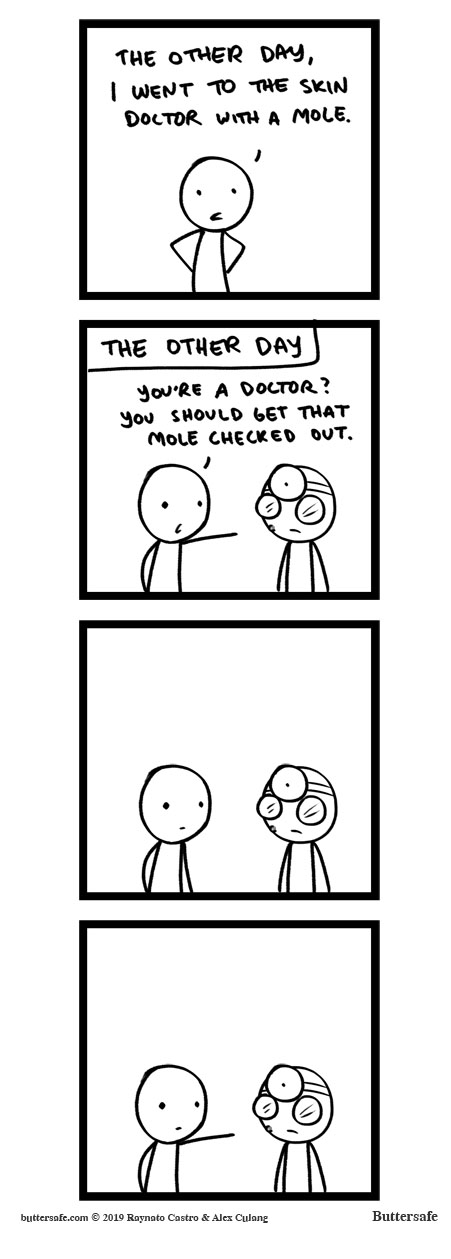Pronouns are Often Not Good to Use
The problem is that pronouns need another word to give them meaning, and that word (the antecedent) can be hard to discern. Here’s an example. What does “it” refer to?
One of Tesla’s biggest critics is funding a Super Bowl ad against it
from The Washington Post
The rule is that pronouns should refer to the closest noun. The ad is against the Super Bowl???
If you have to think to figure out what a sentence means, the sentence is written poorly.

Subscribe to this blog's RSS feed
Here’s Why I Recommend Against Using Pronouns
I made some of the words bold to make them easier to find.
A man comes running to the doctor shouting and screaming in pain. “Please doctor you’ve got to help me. I’ve been stung by a bee.” “Don’t worry;” says the doctor. “I’ll put some cream on it.” “You will never find that bee. It must be miles away by now.” “No, you don’t understand,” says the doctor. “I’ll put some cream on the place you were stung.” “Oh! It happened in the garden in back of my house.” “No, no, no!” says the doctor getting frustrated. “I mean on which part of your body did that bee sting you?” “On my finger!” screamed the man in pain. “The bee stung me on my finger and it really hurts.” “Which one?” the doctor says. “How am I supposed to know? All bees look the same to me!”
From a FB post. sorry I don’t have a better reference.
All the humor in this joke depends on the misunderstanding caused by antecedents being misunderstood. Well, it helps to not picture the body language…
Another Antecedent Problem
Here Dagwood offers his boss two antecedents to reply to. He spells them out in the second panel:
(Short versions: “promise,” or “get mad.”)
I see this pop up occasionally in conversations. And it’s not infrequently a source of conversational humor.
But when you write expositorily, try to avoid this ambiguity!
Another Diatribe Against Pronouns
I’ve mentioned this topic before. Use the search box to find more.
Don’t use pronouns if you can help it because you might face antecedent confusion. Like this funny:
Antecedent Joke
I often complain about questionable antecedents being the bugbear of pronouns. Well, it can happen with prepositional phrases, too.

A part of good writing is thinking how you might be misunderstood, then preventing the misunderstanding. So how would you rewrite the statement in the first panel so the person with the mole wasn’t ambiguous?

